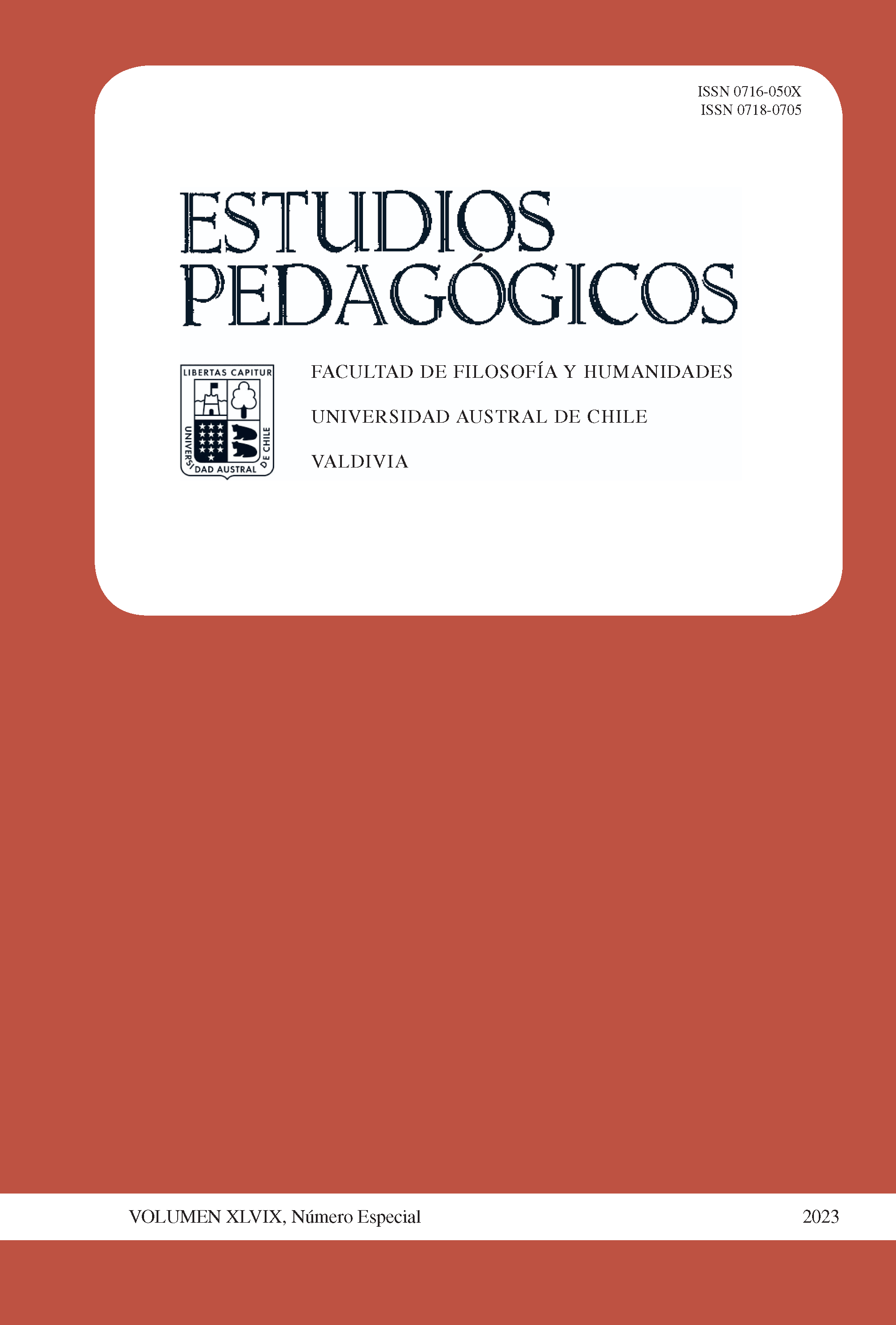Tonic-emotional traces from the decolonization paradigm
Main Article Content
Abstract
Children and their childhood are violated from early infancy as a result of original epigenetics. It is at this time that children’s positioning in life begins, along with the imprinting of the tonic-emotional traces that are fixed in sensoriality and in the propensity to learn. Children’s anthropological life course involves the whole community in an intersubjective, interlinked and meaningful relationship with close figures; it forges their relationship with themselves and their environment, and their incorporation into society. Schools can contribute to colonising children’s minds if they school them through routine, homogeneous standards and repetition of pre-established patterns. On the contrary, educational, relationship-building processes promote personal and collective identifications which can reverse the matrix of domination in thought, feeling and action. Bringing about a decolonising rupture is a sign of cultural resistance and re-humanisation that entails unlearning stereotypes which have been introduced into common sense as unique and true.

